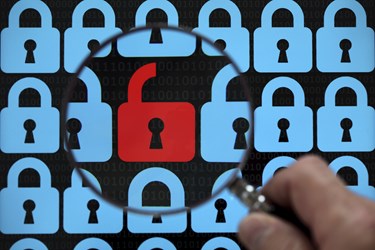Unlocked iPhone Raises Controversy Over Privacy Vs. Security

By Christine Kern, contributing writer

What role do providers have in allowing access to private information?
Investigators found a way to successfully unlock data stored on an iPhone used by one of the San Bernadino shooters, throwing a monkey wrench into the lawsuit filed against Apple Inc. over access to the phone. As a result of this development, the government has asked the U.S. Magistrate to vacate an order she issued in February compelling Apple to help investigators bypass security features to access data on the phone, according to The Recorder.
An Apple spokesman emphasized that the case “should never have been brought,” asserting that, “From the beginning, we objected to the FBI’s demand that Apple build a backdoor into the iPhone because we believed it was wrong and would set a dangerous precedent. As a result of the government’s dismissal, neither of these occurred.”
The battle has raised questions of the line between privacy and security, with Apple CEO Tim Cook saying the current case was a gateway for a master key to devices held by hundreds of millions of Apple users. But according to one senior government official, the FBI is not interested in mass surveillance but simply wants Apple to develop a method of access for the phone that would be known only to Apple. Each request for access would be assessed on a case-by-case basis, he assured.
Unsealed court records reveal Apple has received at least fifteen court orders compelling the company to assist in extracting data from an iPhone over the past five months, including the San Bernardino case.
Mark Skilton, Professor of Practice at Warwick Business School and an expert on technology and cyber security, said, “The FBI versus Apple case has left a sour taste. The reported information on it is very scarce as to how they did it, it has in-effect been classified which means that we may never find out. This is a similar legal tool to the All Writs Act that was used by the FBI to push forward a demand for access in the earlier stages rather than resolve the paradox that has arisen in how far the government can delve into privacy and citizen rights and protection.
“The deeper question ‘is our data safe and private?’ The former may be the case but our privacy seems to be increasingly harder to hold on to in the digital age and is something I forecast will become a bigger issue for all citizens as they try to control and value their privacy better.”
As the FBI moves forward, questions are raised about whether or not their methods will be revealed to the public, and whether or not Apple and others will cooperate in the future.
“The issue now is whether this has resolved anything or whether it has simply created a scenario where, 'if we can get round your defense then that is ok' appears to be acceptable,” said Skilton. “The caveat, of course, is that this is for legal purposes only, and has been designed to obtain data for anti-terrorism purposes. However, companies will need to continue to address cyber security at a top priority as we live in an era of 24/7 where we are always connected and these firms need to be able to keep most of what is normal privacy away from criminal activity.”
